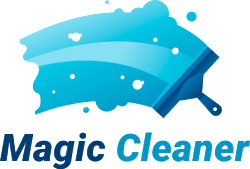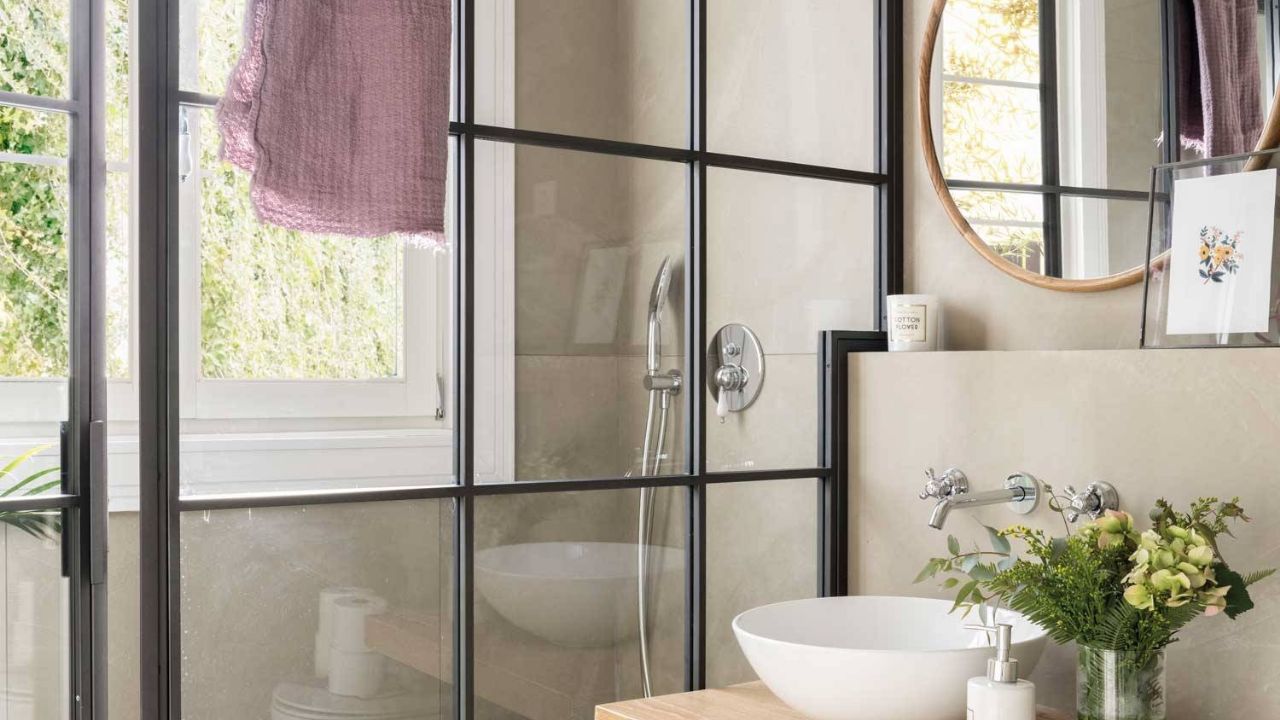With just a few ingredients and simple steps, you can leave your shower screen spotless. Limescale that builds up on shower glass is one of the most difficult stains to remove. Over time, it forms an opaque film that seems impossible to remove, but there is an explanation. It is a combination of inorganic and organic residues. On the one hand, the white crust that remains when the water evaporates contains tiny crystals of calcium and magnesium. On the other hand, soap and shampoo residues mix with these minerals and form a greasy layer known as stearate. This chemical cocktail is what sticks to the glass and makes it opaque, affecting its shine and transparency. Many conventional cleaning products are good at dissolving the organic part, but they don’t attack the real enemy: mineral scale.
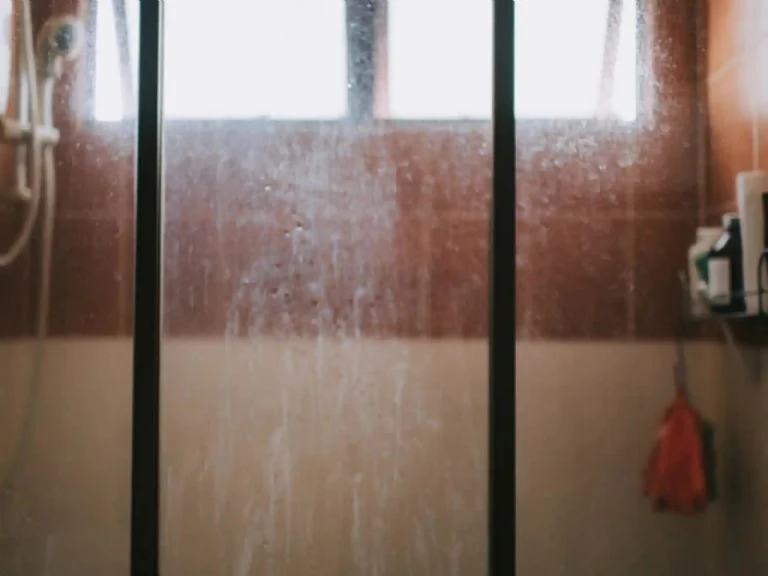
To remove it completely, you need to apply a mild acid, such as white vinegar or citric acid, which dissolves the minerals. Before doing this, it is a good idea to use a homemade degreaser: mix 500 ml of water with a teaspoon of liquid detergent. Then rinse and apply the cleaning vinegar, leaving it to work for a few minutes. The limescale will begin to soften and the glass will regain some of its original shine.
But if you’ve already tried vinegar, bicarbonate of soda and other home remedies, and the screen is still the same, the limescale may have caused irreversible damage. When layers build up over months or years, an acidic microenvironment is created that damages the glass. This is called chemical etching and leaves permanent stains that can only be removed by polishing the glass with special abrasives such as cerium oxide, a job best left to a professional. The best way to prevent this is to establish a good cleaning routine so that it doesn’t happen again.
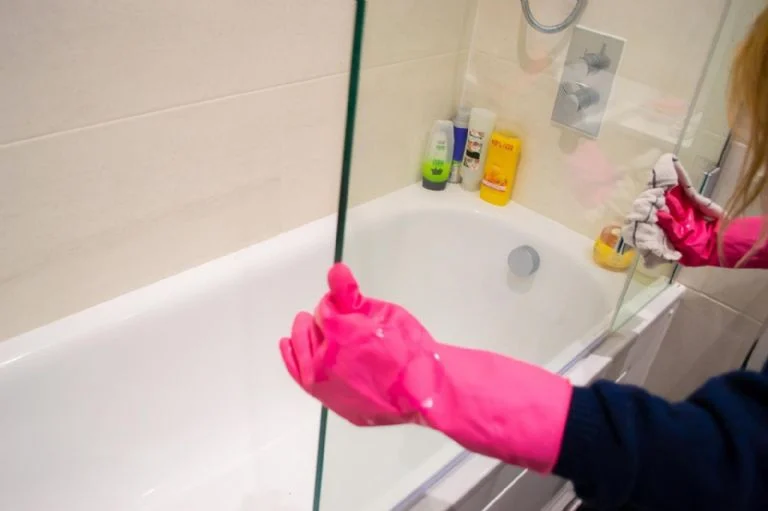
If the glass has permanent stains, it may be chemical etching, which can only be removed by professional polishing.
How to remove bad odours from chopping boards with a single natural ingredient
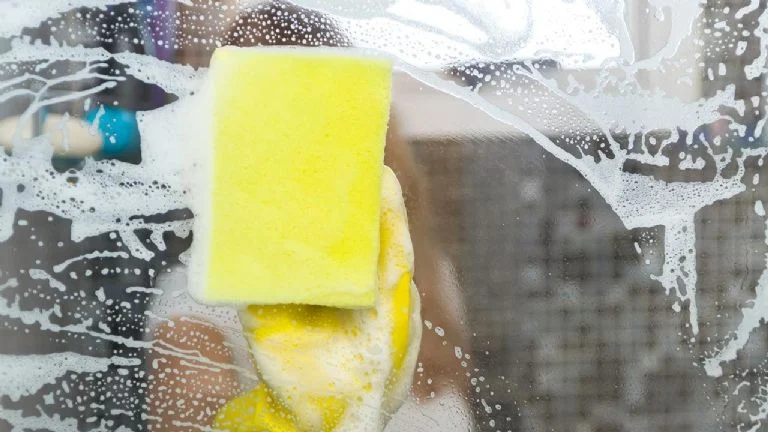
On the other hand, chopping boards, especially wooden ones, tend to retain strong odours such as garlic, fish or onion. Over time, these aromas penetrate the surface and seem impossible to remove. But there is a simple and very effective home remedy to solve this problem: baking soda, which acts as a deodoriser and neutraliser, and does not damage the wood or leave toxic residues.
All you need to do is sprinkle a thin layer of baking soda on the board, rub it with half a fresh lemon using circular motions, and let it sit for five to ten minutes. The lemon juice provides acidity, while the baking soda breaks down the odour particles and lifts them from the surface. Then rinse well with warm water and dry in the sun or with a clean cloth.
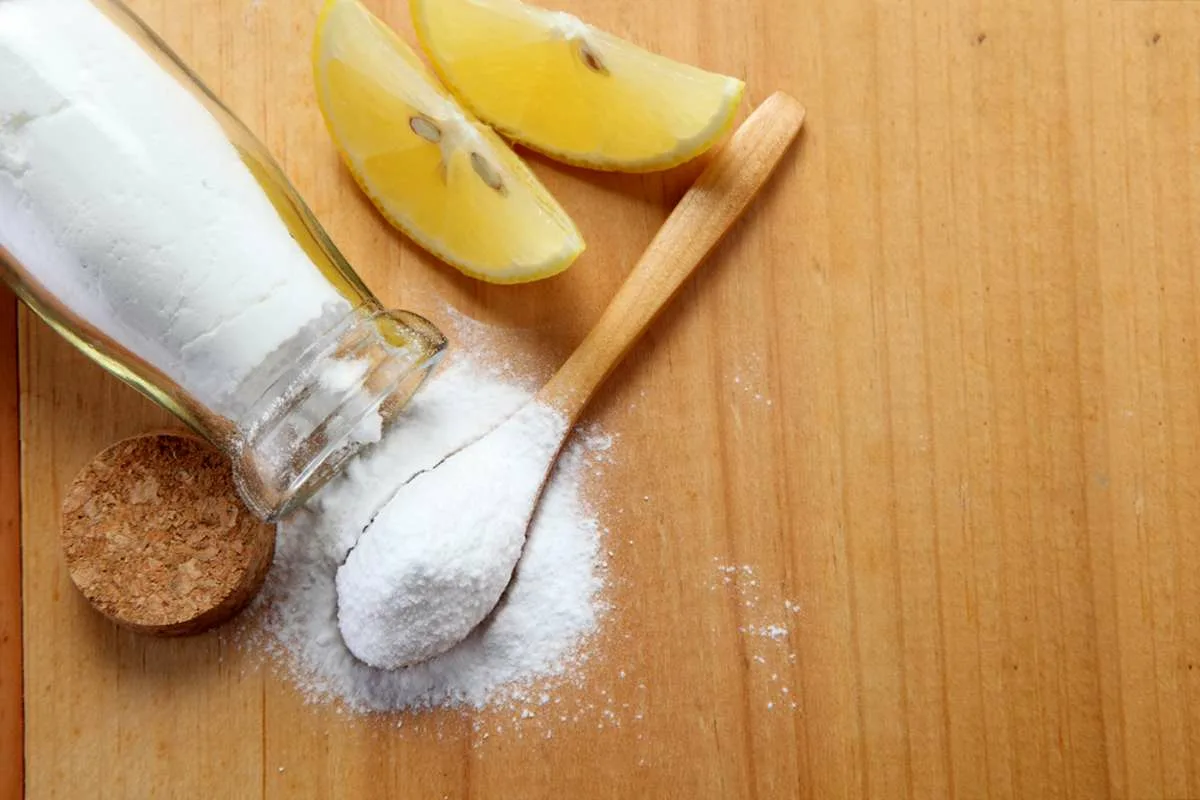
This same method can also be used on wooden spoons, mortars, or porous utensils. It’s quick, economical, and environmentally friendly. Plus, it helps to gently disinfect without damaging the material. With these techniques, you can keep your kitchen healthier and free of harsh products.
